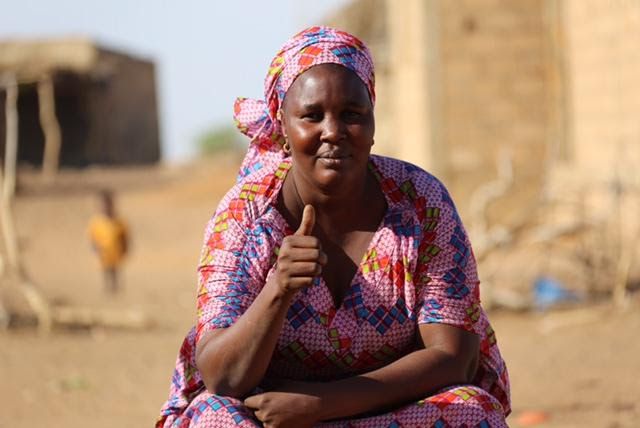
Could the lack of empowerment that has plagued women for decades be partly as a result of poor parenting?
There is a saying I’ve often heard elders in my community express: that what parents do in moderation, their children will do in excess. I think it is time parents re-think what investing in their children means, by investing firstly in themselves, in order to better invest in their children.
One could posit that some women fail to reach their full potential due to the negative impact that their upbringing may have had on their chances to succeed. I believe it is important for parents and guardians, as well as education institutions, to review how they can play a catalytic role in the economic empowerment of women.
In addition to upbringing, institutions should have policies in place which promote the empowerment of women, and this can be done with assistance from gender experts who are able to design and tailor frameworks that are specific to organizations.
Some of the immediate and basic policies governments or organizations may consider implementing are the following:
· Create and encourage platforms that allow parents to access parent classes and groups within communities.
· Come up with gender-responsive government policies that have clear gender action plans, which are monitored for implementation.
· Set aside financial and human resources for the implementation of these policies.
· Set up accountability measures to monitor progress and implementation.
· Come up with gender-responsive work policies at an operational level within the organization, such as policies on equal representation of women and men in key decision-making positions e.g. Equal opportunities for employment and promotion and· Commitment from senior leadership within organizations.
Since embracing digital technology, Africa has witnessed significant transformation in many sectors. Indeed, in Africa, even though Women’s participation has been marginalized in development works, they have been at the forefront of many of these innovations in their economic and social outcomes. From agriculture to education, governance to finance, and health to infrastructure, information and communications technology (ICT) is shaping our lifestyles – lifting millions from poverty, providing alternative sources of income and employment, and extending the reach of quality healthcare to rural and remote areas.
With the African population set to double by the horizon 2050, it is highly likely that almost half of the continent’s population will comprise women. Given the above statistics, we have a long way to go, as actual numbers don’t reflect an equal or fair representation of women in society. There is a risk of further marginalizing and disempowering women if policies are not adopted and implemented to promote their success.


